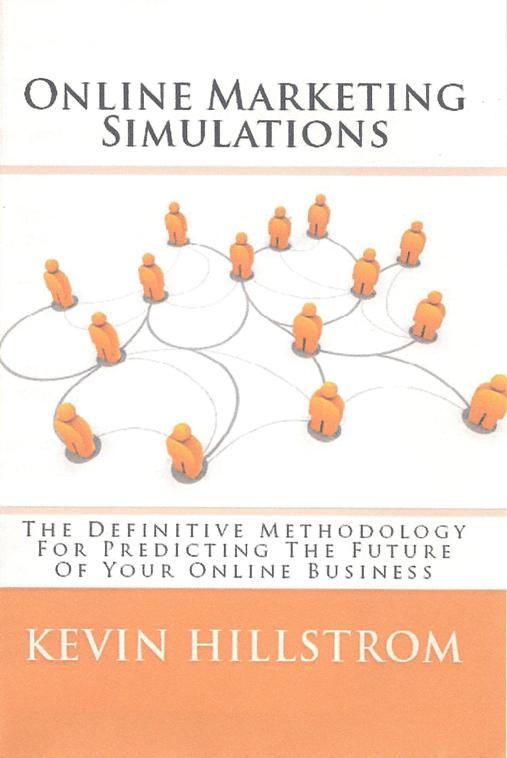Complex Ecosystem
My favorite paragraph from this op-ed piece in the New York Times is this one:
"This time, market players seem truly horrified — because they’ve suddenly realized that they don’t understand the complex financial system they created."
Those words apply to the multichannel world we live in. Especially for those of us who spent our formative years in catalog.
The internet has at least four components. It is part direct marketing, part retail marketing, part social media, and part something we haven't quite figured out yet.
The last two components are frightening. Listen to the pundits as they tell you to dive into Facebook, only to have Facebook Beacon publicly broadcast what you purchased to the rest of the world. I mean, look at the list of companies that jumped in to this mess. Clearly, these companies would not have signed-up if they understood the complex environment they participated in.
Most confusing is the fact that we've been trained to read the world in a "linear" or "additive" manner. We were trained to analyze one catalog at a time. Now, we're supposed to understand the complex interaction of mailing catalogs, delivering e-mails, executing a dizzying array of online marketing techniques, social media, search marketing, and traditional advertising.
So we decompose these activities, believing we can assign "value" to each activity individually. The customer, however, using the ecosystem we created, uses combinations of marketing activities to ultimately get to the exact same place she got back in 1994, pre-internet.
We created a complex ecosystem, full of interactions. We'll need to stop viewing the world in an additive, linear manner if we want to succeed.
Labels: Facebook


